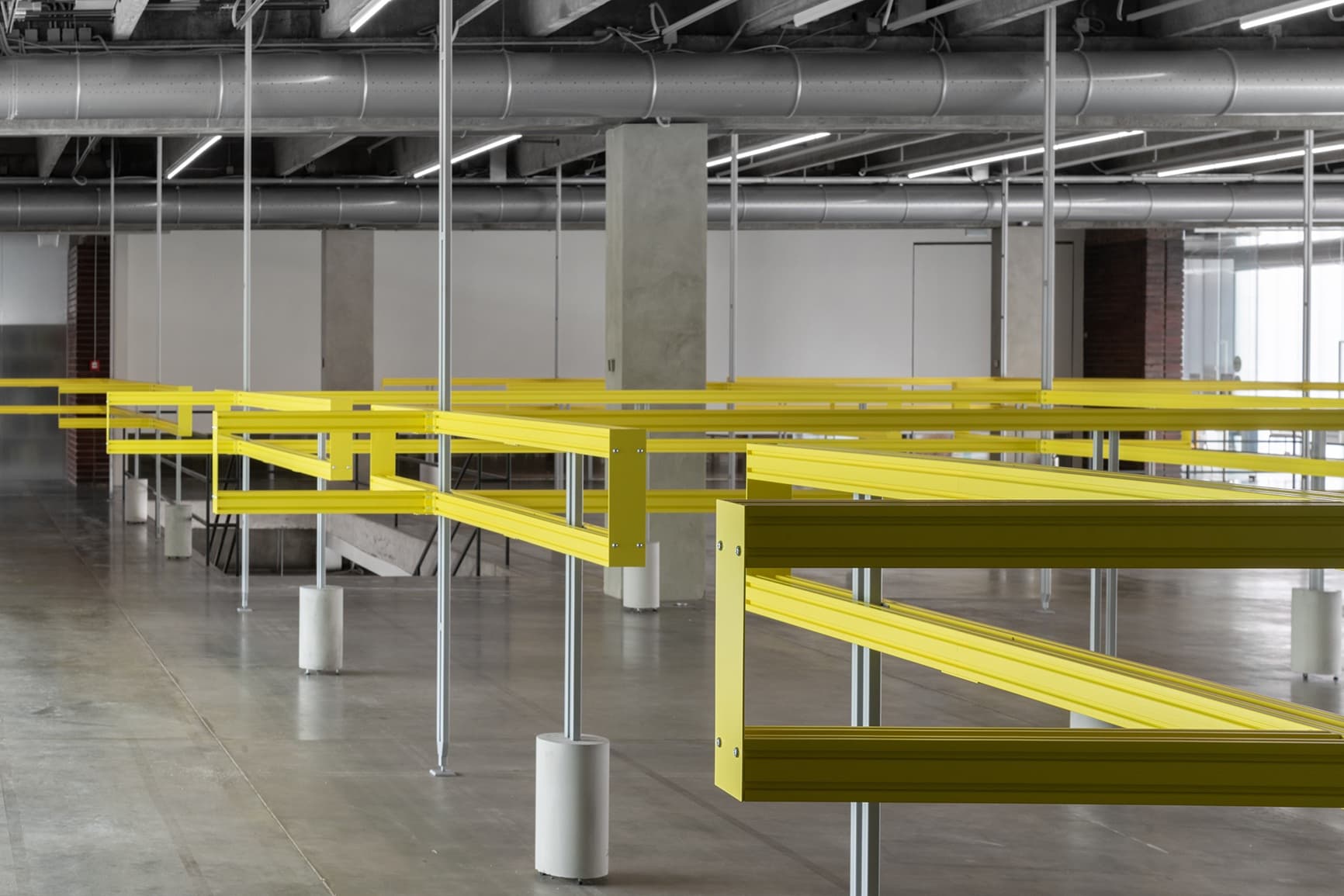Poet and Pistol
Gor Chahal
- Category
- MediumPrinted on fabric, canvas, India ink
- Dimensionsvariable
- Сollection
- Inventory numberМСИГ_ОФ_65/1-6
- Acquired from
- Year of acquisition2024
Keywords
About the work
Poet and Pistol is one of Gor Chahal’s earliest works and comprises photographs made by Andrei Bezukladnikov, collages, painting, and poems. Addressing himself to the binomial “artist‑personality,” who was an important element of the conceptual art of the 1970s, he is transformed into a romantic decadent poet and depicts him in the monochrome style of noir or the filmmakers of the “new wave.” Using curly hair, white shirt, tie and black jacket Chahal aestheticizes the life of his lyrical hero, contrasting it to Soviet reality and that of the Perestroika period. He brings together contradictions — life and death, abstraction and reality, invention and fact — in a single series without a defined narrative, anticipating the consciousness of the video clip. The handsome dandy wanders Moscow’s boulevards, gateways, and hotels in attempt to find a victim or escape the uncertainty of death, and life goes on in the background: mothers with prams, passers‑by on benches. He is a superfluous person, an aesthetically alien element who is out of time and place. This is how Gor Chahal visualizes the poetic metaphor of his art, which was marginal in the Perestoika period and unable to catch up with rapidly changing reality.

